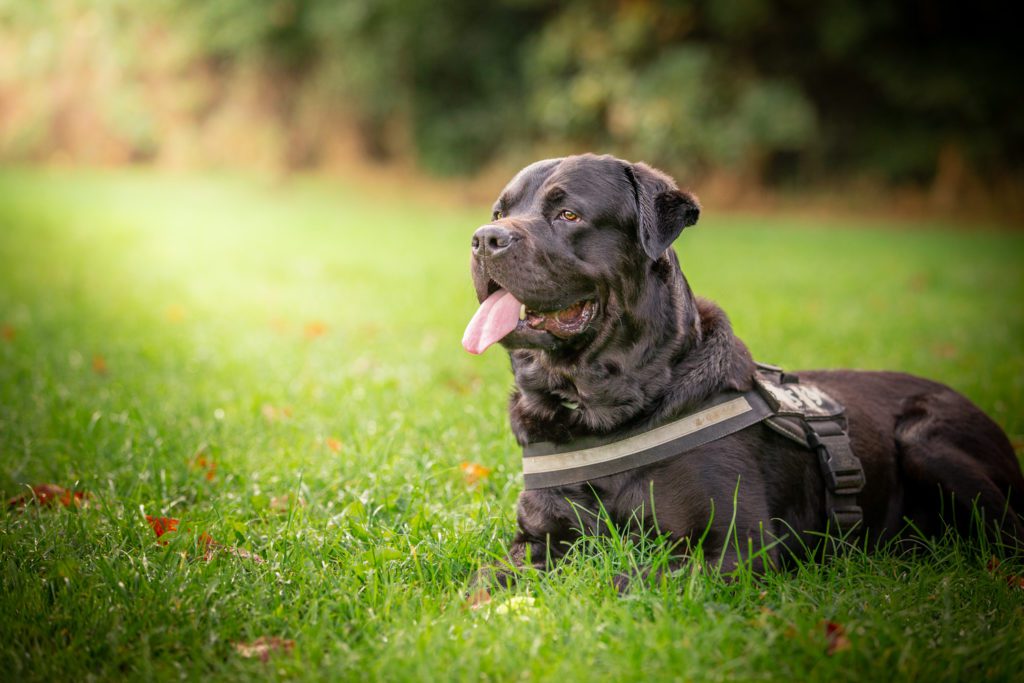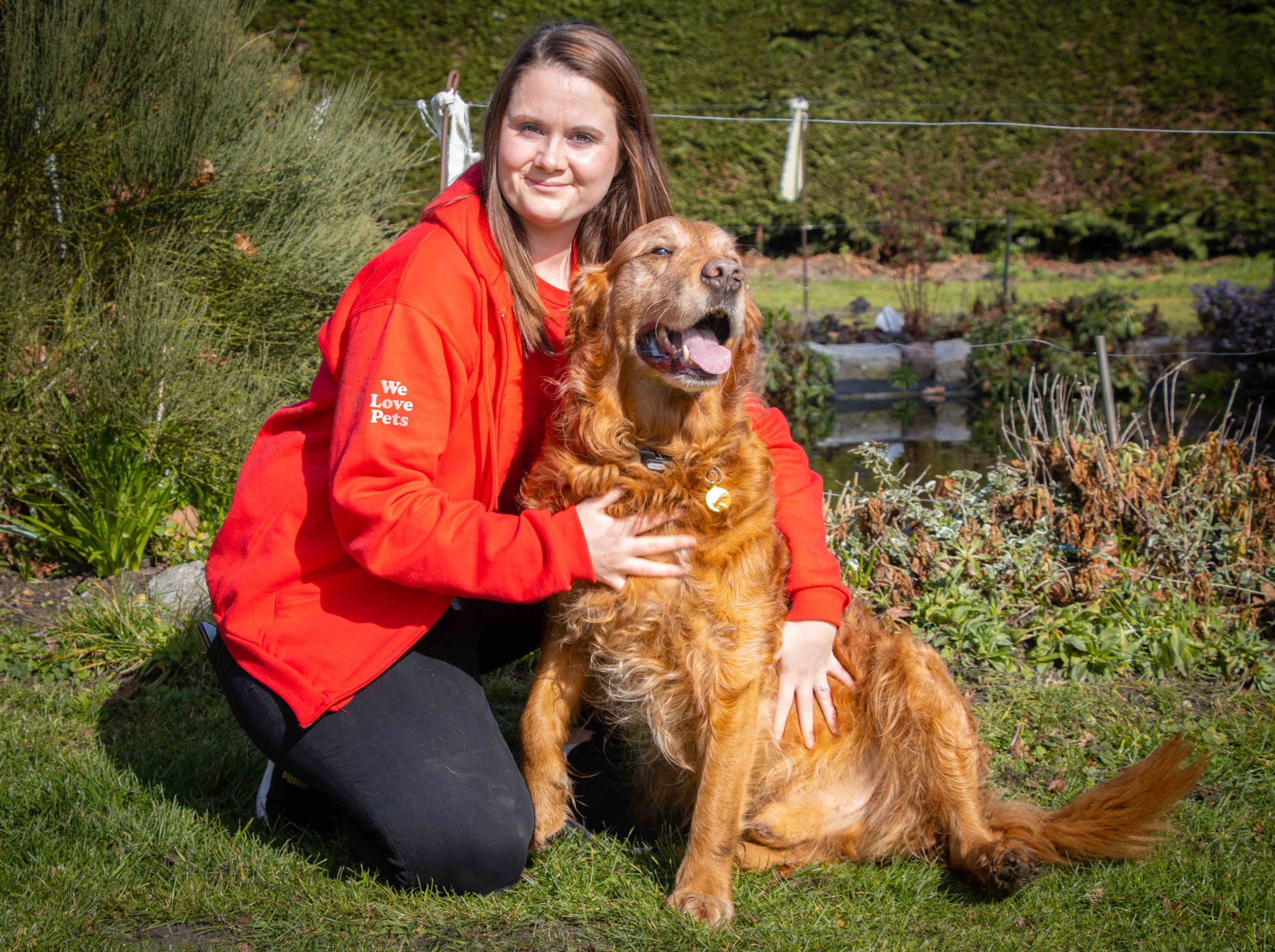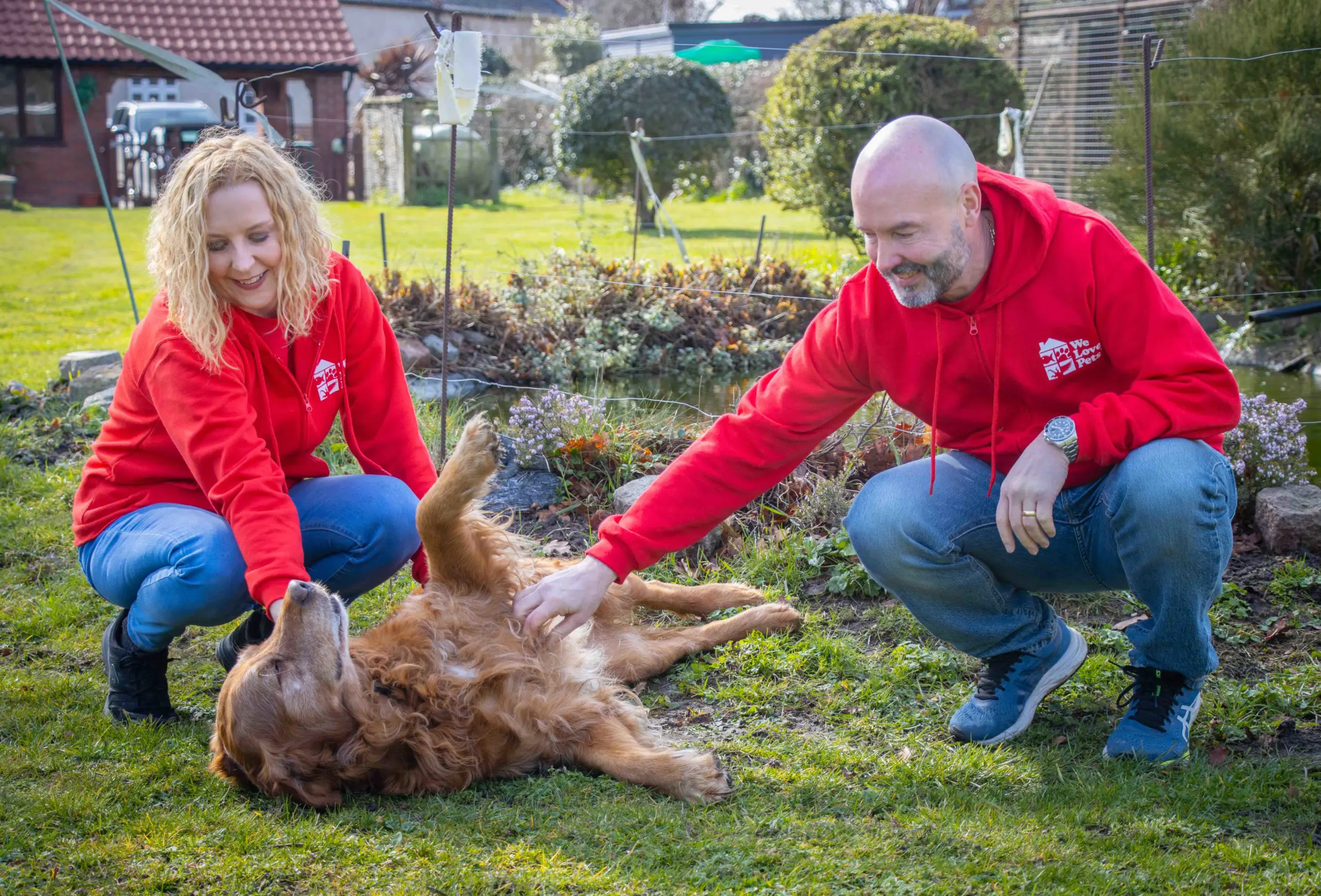by Sophie Baldwin, Vet Nurse & We Love Pets Franchisee
We see it all the time but what does hypoallergenic mean when it comes to dog food?
Vet nurse and Stroud owner Sophie Baldwin explains…
A lot of people would purchase a dog food because it has the word ‘hypoallergenic’ written on the bag. However, if your dog is not intolerant to any protein sources then buying a hypoallergenic dog food is not necessary. In fact, a lot pet food manufacturers can see the word ‘hypoallergenic’ as bit of a marketing tool!
A hypoallergenic dog food is a diet that contains ingredients that are less common in dog food and so are less likely to cause an intolerance which may present itself as;
- diarrhoea
- vomiting
- flatulence
- itchy and inflammed skin
- chronic ear problems
- poor growth in younger dogs

Protein sources often found in hypoallergenic dog food are;
Venison, duck, egg, salmon and less often pork. The reason for using these proteins are because they are classed as ‘novel ‘protein sources that are not often seen in your average dog food and so the dog is less likely to have come across them.
The more common protein sources found in most dog foods that are not hypoallergenic are; Beef, Dairy, Chicken, Lamb, Fish, Corn, Wheat, Soy.
In fact an easy way to remember what are classed as the top three is BMW (Beef, Milk i.e. dairy, Wheat)
What is important to remember is that there is a variation between what ingredients are likely to cause an intolerance in one dog versus another. So if the food says it is a hypoallergenic duck and rice variety (duck is less common in dog food) it does not mean it will not be a problem for any dog as some dogs may actually be intolerant to duck. It all depends on the individual dog.
Breeds that tend to have dietary issues causing problems are;
Irish Setters- this breed can suffer from wheat intolerance.
Cocker Spaniels and West Highland White Terriers- can suffer with chronic skin problems. As the ear is an extension of the skin these breeds can also suffer with chronic ear issues.
Finally, another form of dog food which is prescribed by vets when investigating dogs with skin or gastro intestinal problems thought to be caused by diet are hydrolysed diets. I will save this topic of hydrolysed diets for another article!
This is opinion only. Always speak to your vet before making changes to your pet’s diet.




